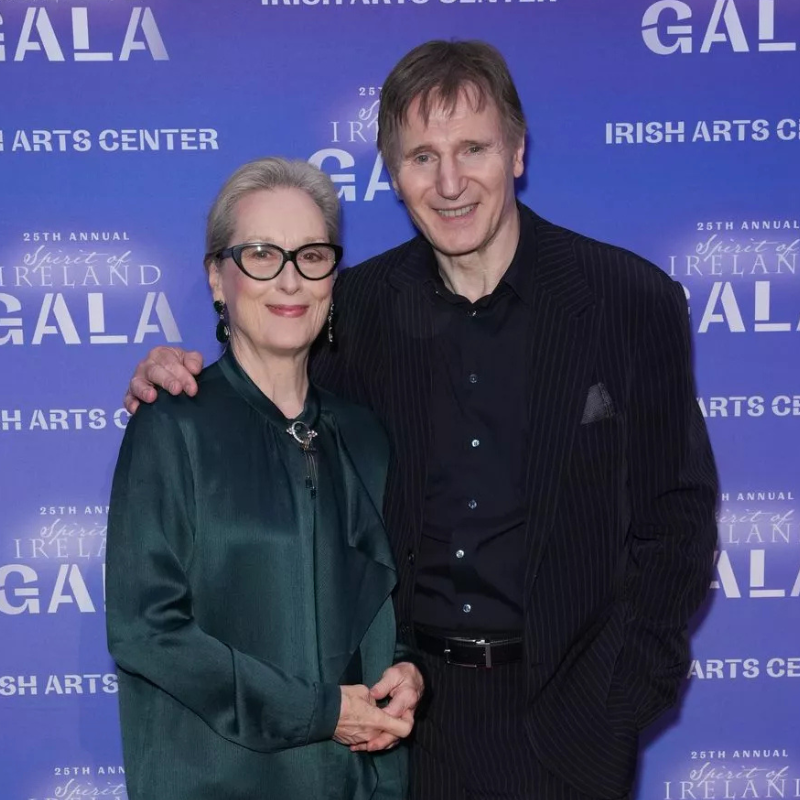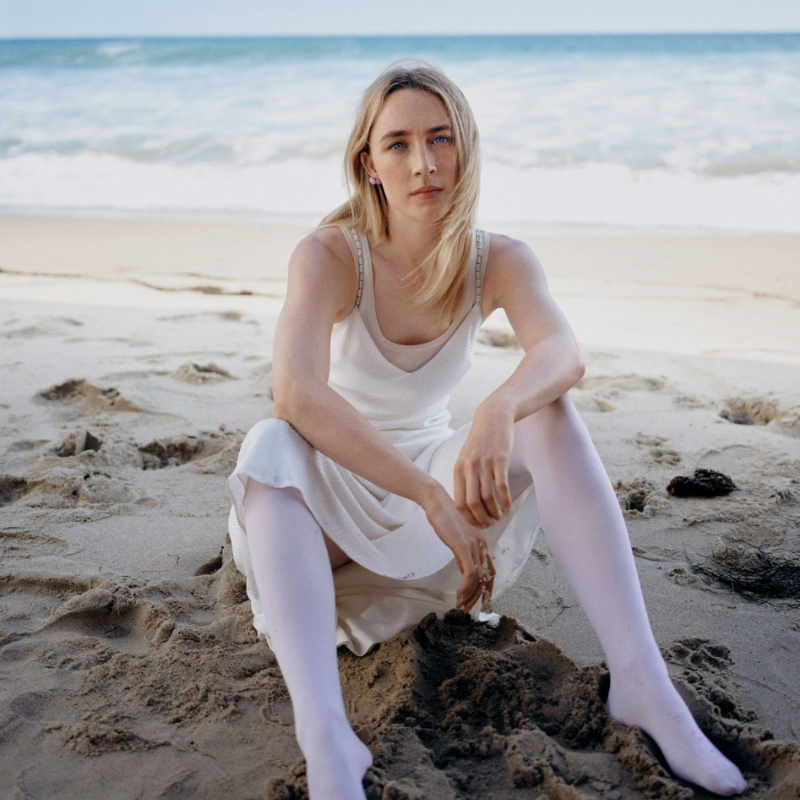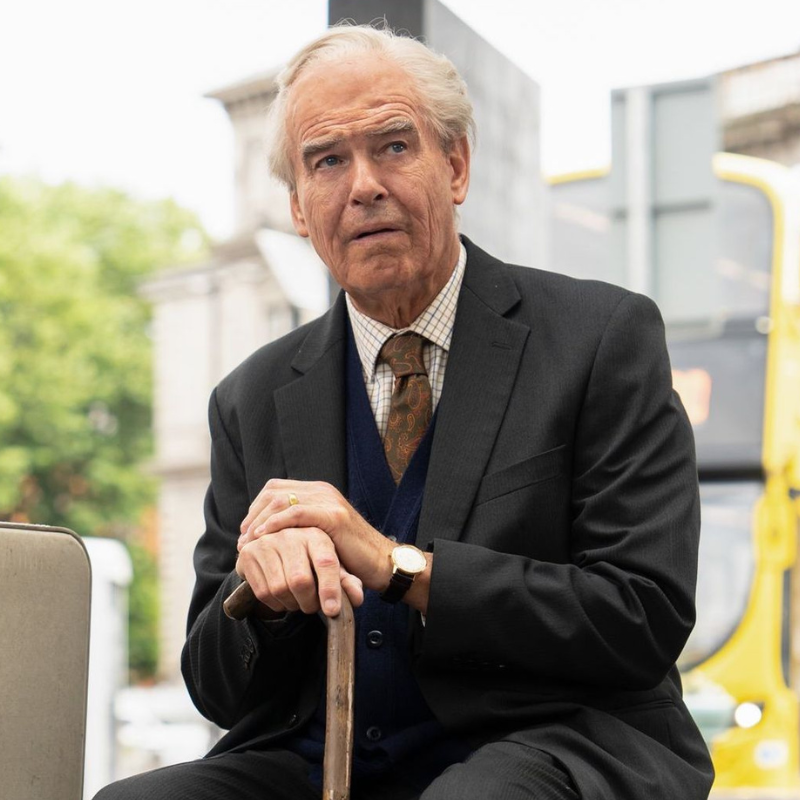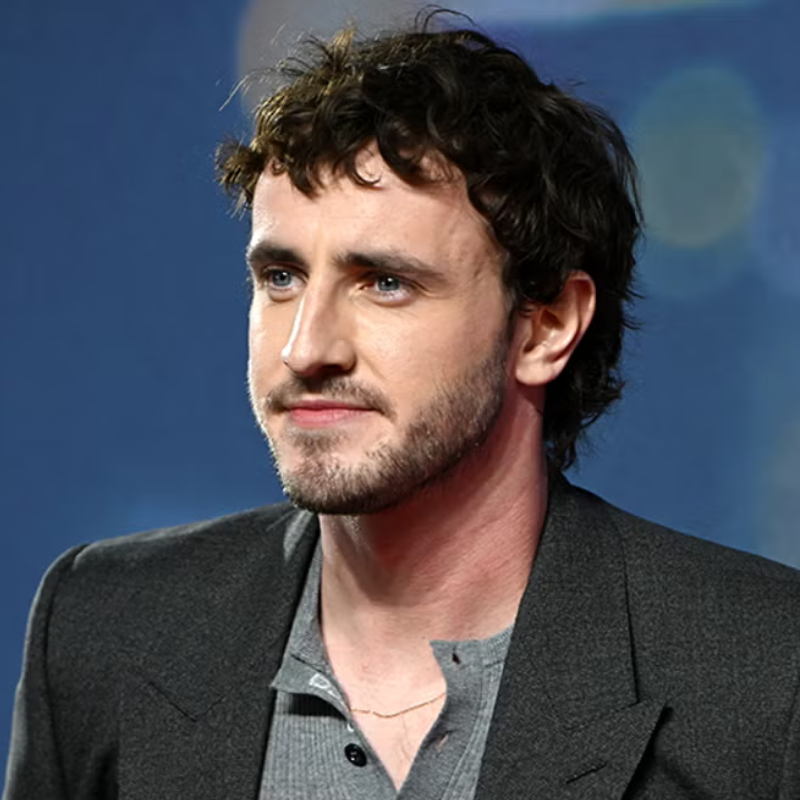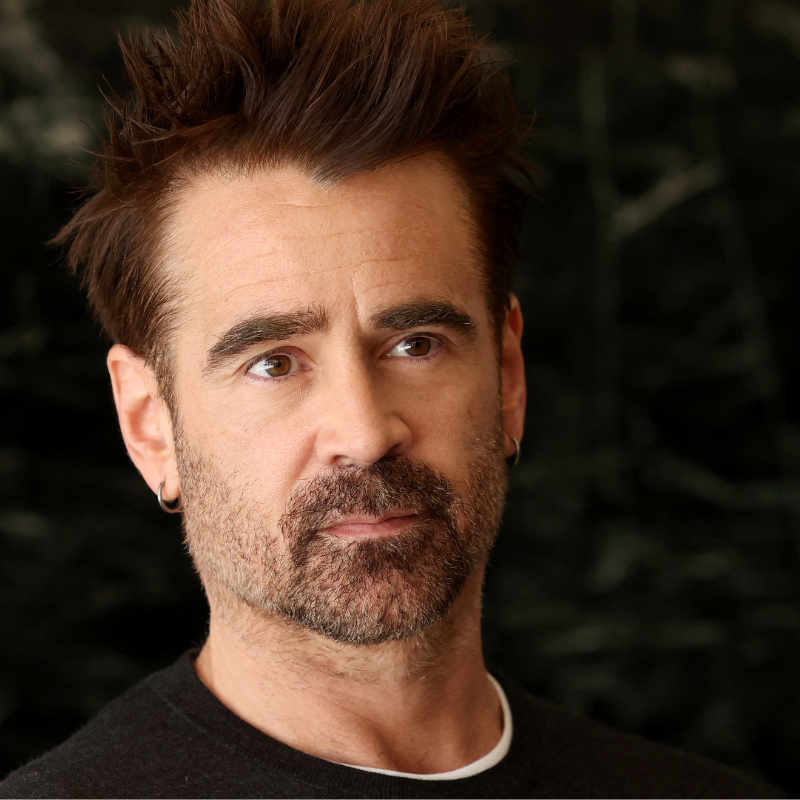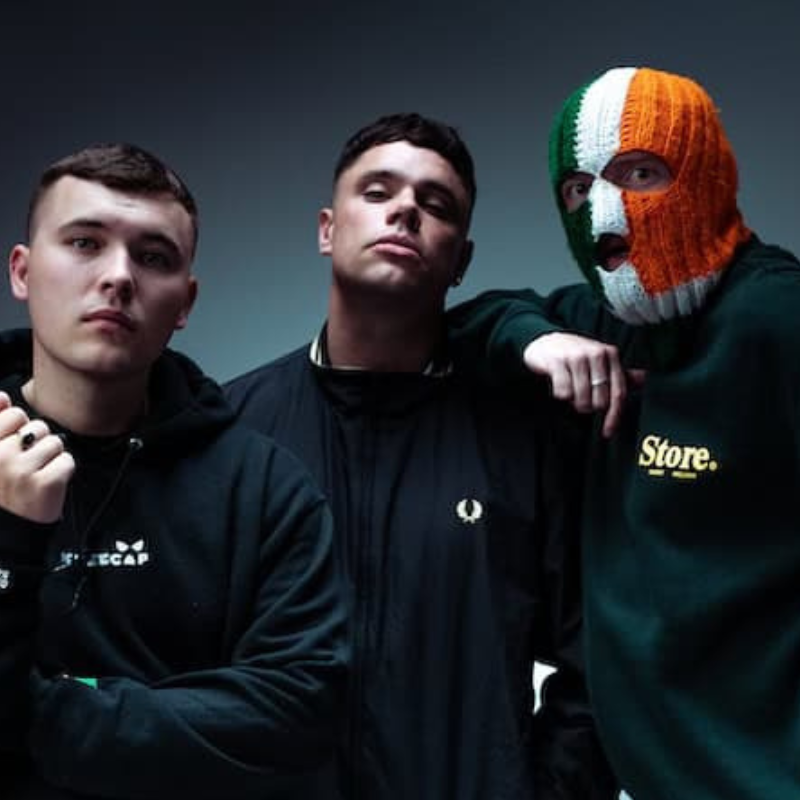In a revealing new interview with ELLE magazine, Irish actress Saoirse Ronan shares lots of personal details. Ronan stands at a fascinating turning point in her career, taking on roles that challenge her accessible image. Her latest venture, THE OUTRUN, sees her not only starring but stepping into a producer role alongside her husband, Jack Lowden. The film, based on a memoir, pushed Ronan to explore the complex territory of addiction recovery – a subject that hits close to home.
“Addiction touched my life through people I love,” she reveals, her voice softening. “You start with anger, with this impossible question: ‘Why can’t they just stop?’ But gradually, you learn to see it as the illness it truly is.” She pauses, considering her words carefully. “Taking on this role became my way of processing that journey, of understanding what I couldn’t before.”
This introspective project runs parallel to her work in Steve McQueen’s BLITZ, a World War II drama that strips away the polished veneer of historical cinema. As a mother to a biracial child in war-torn London, Ronan confronts the uglier truths of British society during the Blitz – the racism that persisted even as bombs fell. The role marked several firsts: her debut as an on-screen mother and her first time performing musical numbers, for which she underwent intensive vocal training.
There’s a newfound boldness in how Ronan approaches her craft these days. “I used to worry about looking pretty, about staying within the lines,” she admits, deliberately contorting her face to make a point. “Now? I’m more interested in the mess, in the uncomfortable moments that make characters real.”
The conversation shifts to her upcoming directorial debut, a short film she’s writing. Her eyes light up when discussing how Greta Gerwig’s evolution from actor to filmmaker has inspired her own ambitions behind the camera. Yet there’s a touch of playful regret when she mentions missing out on BARBIE, alongside her frequent co-star Timothée Chalamet, due to scheduling conflicts. She laughs about it now: “We’re like jealous siblings, watching our favorite director make magic without us.”
At 29, Ronan has already spent two decades in front of the camera, but she’s clearly just getting started. Her trajectory suggests an artist increasingly willing to push boundaries, whether through producing, directing, or taking on roles that scrape away at her comfortable image as cinema’s approachable ingenue.
